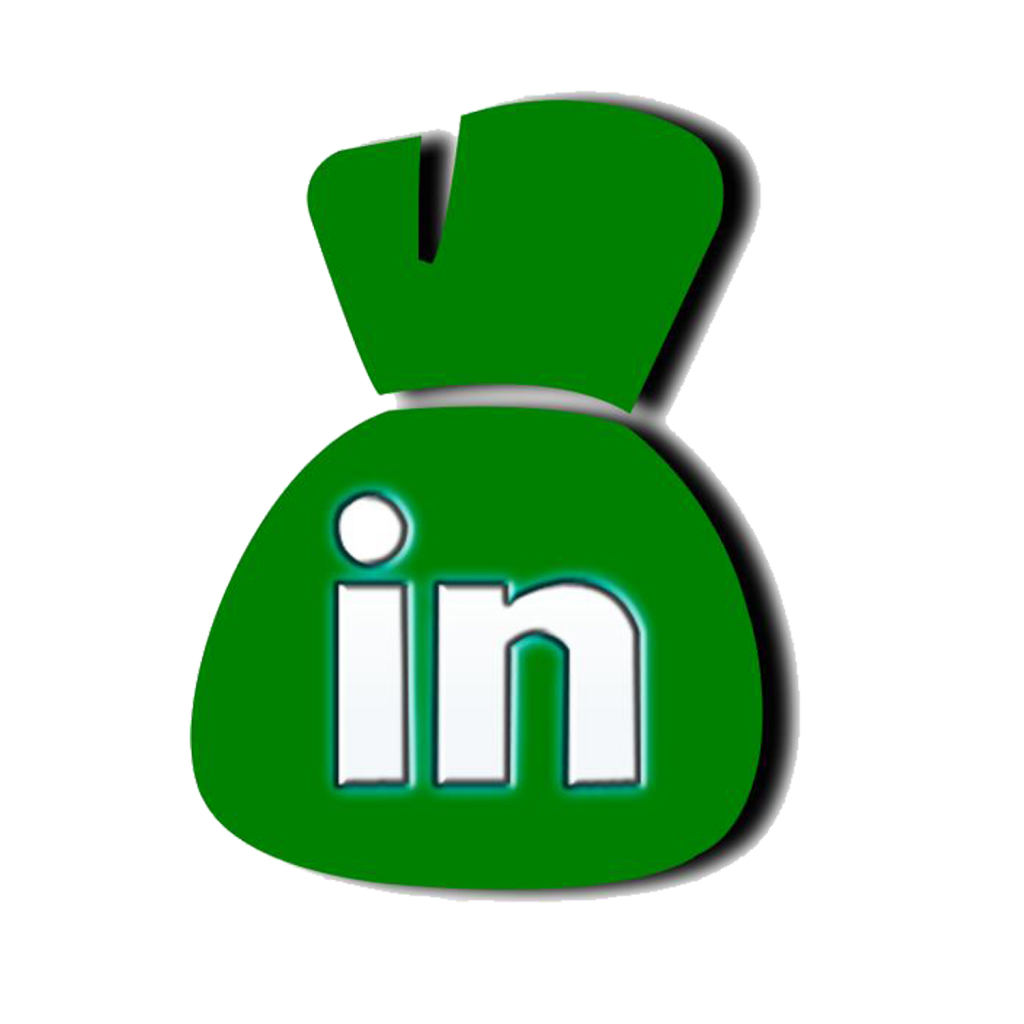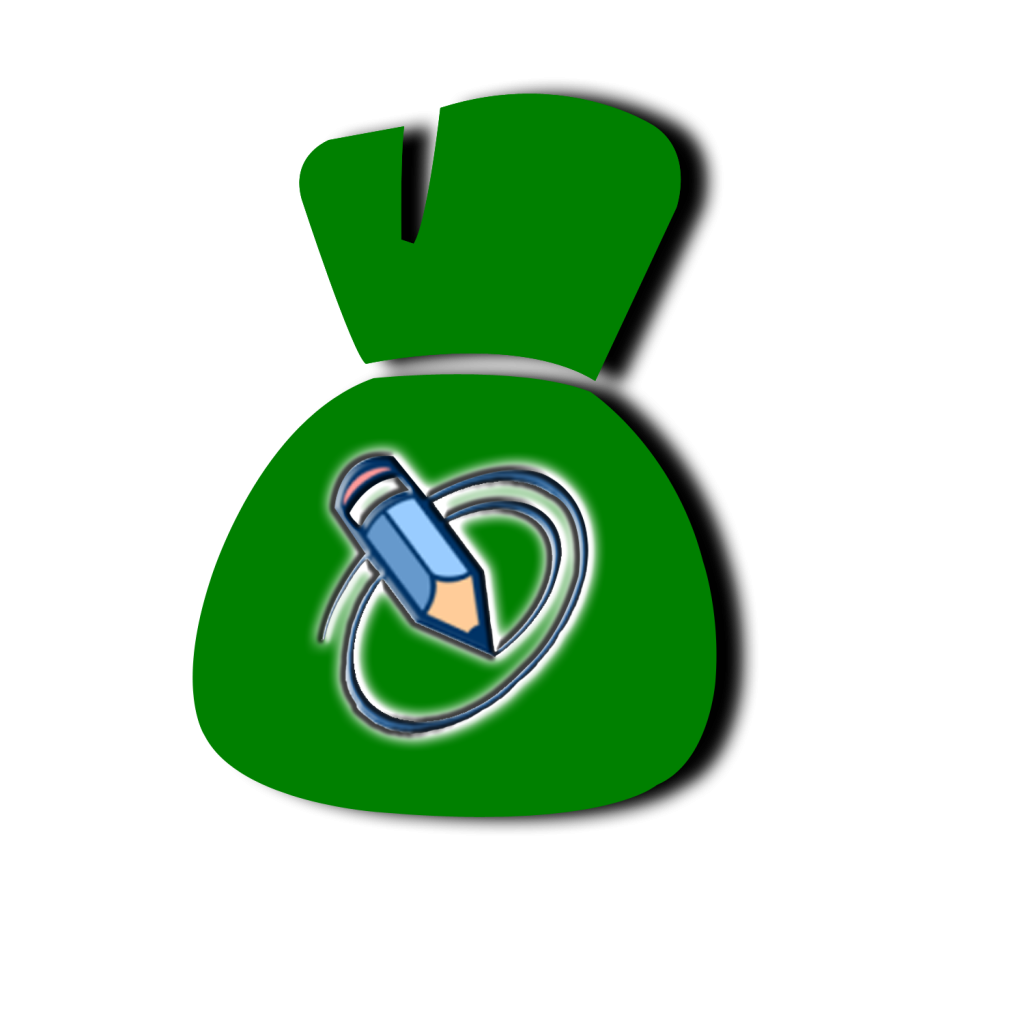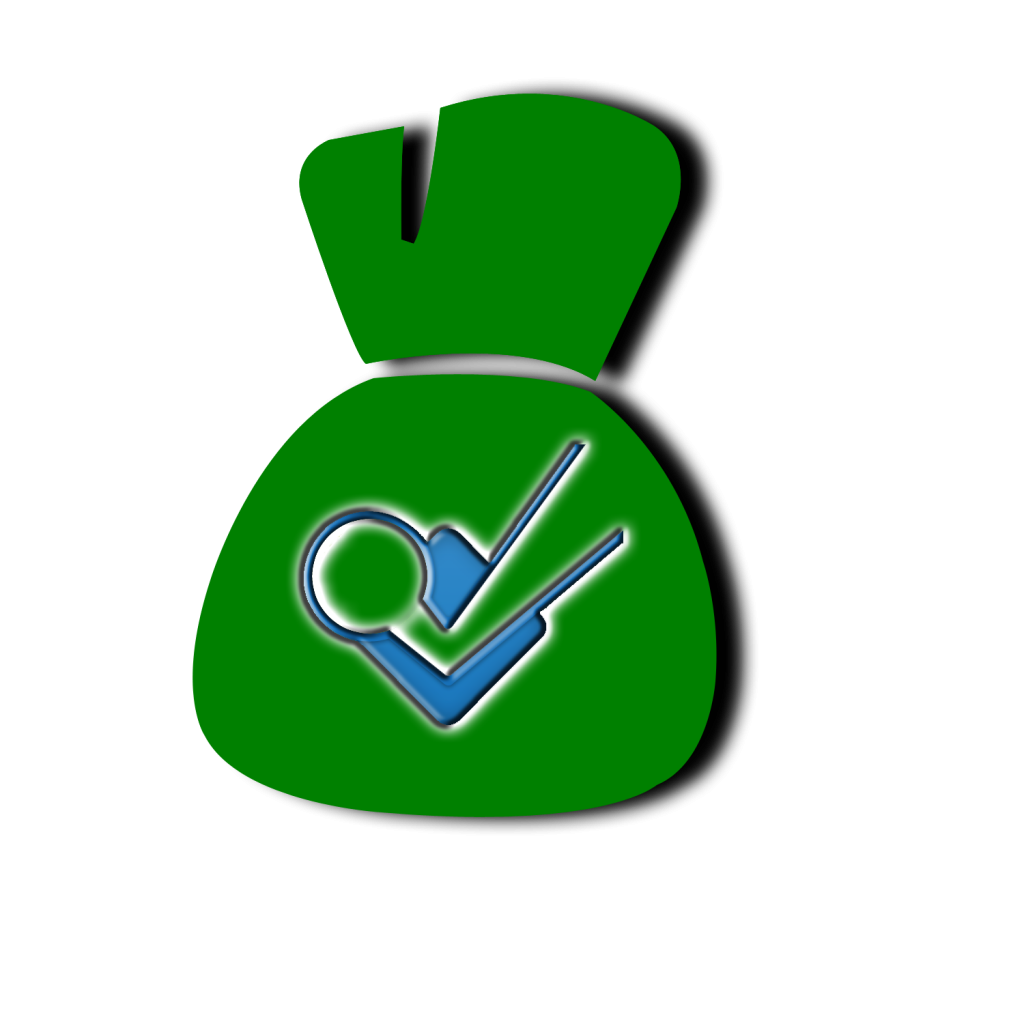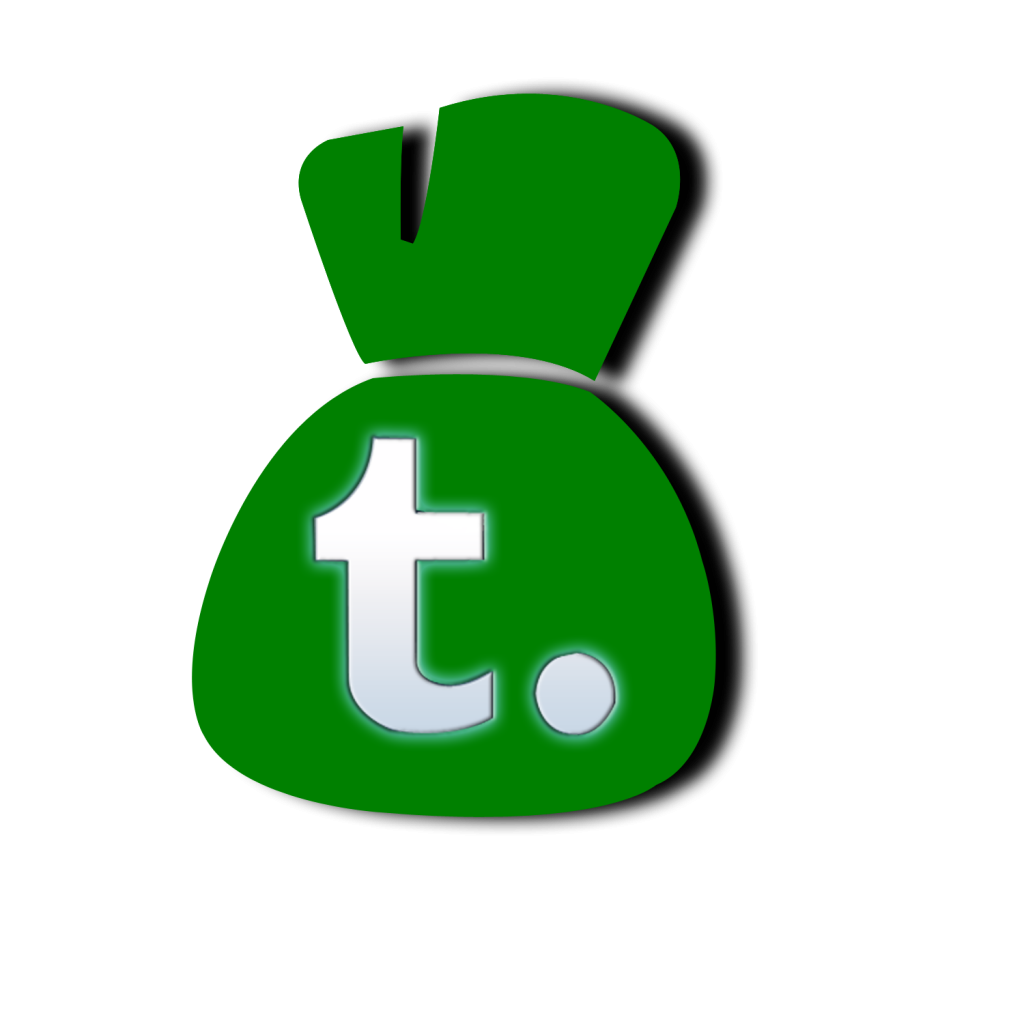Hass and Associates Accounting Tax Preparation Goodbye National Insurance. Hello Earnings Tax
National Insurance, a
100-year old charge on employers and employees, will be renamed “earnings tax”,
the Chancellor has signalled.
The change, which will be
proposed in legislation to be published on Tuesday, is the first step towards
merging income tax with National Insurance.
Ben Gummer MP, a rising
star Tory backbencher who has been campaigning on tax transparency, will
propose the change in a Commons Bill on Tuesday.
The plans have Treasury
backing. A source told The Daily Telegraph that George Osborne, the Chancellor,
“is attracted to the idea”.
Mr Gummer said: “I am very
pleased the Government is interested in the idea. They have been very receptive
to trying to make the tax system more transparent.
“This would be a really
good step forward in making what the Government takes from taxpayers clearer
and simpler.”
Mr Gummer said he hoped
the name change would begin the process of merging National Insurance with
Income Tax into one single charge.
He said: “The most
important part is changing the name so in the public mind we can begin the two
as the same, which they are. This is a first step.”
National Insurance, which
is charged on top of income tax, was first introduced in the National Insurance
Act by Lloyd George in 1913 as a way for workers and employees to contribute
towards certain benefits, such as a state pension.
Unlike income tax, MPs are
not allowed to vote on whether it should be levied every year. Instead they are
only asked to approve level of the charge.
National Insurance rakes
in billions every year for the Treasury. Anyone who is employed and earns
between £149 and £797 a week pays 12 per cent of their income in National
Insurance. A further 2 per cent is paid on all earnings over that level.
People who are
self-employed pay National Insurance at a flat rate or as a percentage of the
individual’s annual taxable profits.
Hass and Associates Accounting Tax Preparation Goodbye National
Insurance. Hello Earnings Tax
Related Articles:












